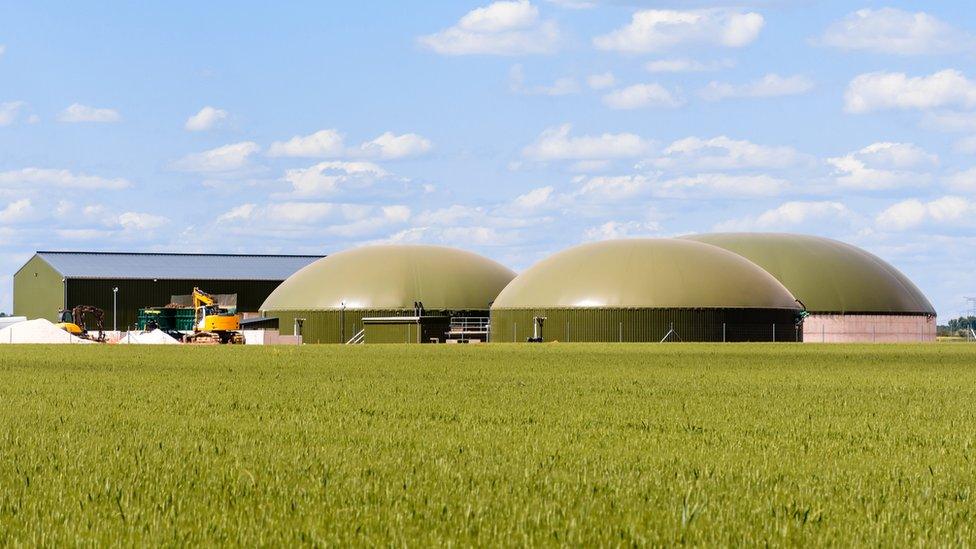Tap water not safe to drink, rural residents told
Listen on BBC Sounds: Herefordshire Council has advised residents to boil water for drinking, and has recommended households install their own water disinfection systems
- Published
Families in a rural part of Herefordshire have been advised not to drink tap water from a borehole, after sampling revealed potentially harmful bacteria present.
Eight households close to Whitwick Manor, near Ledbury, currently rely on a privately-owned borehole which pumps a supply up from underground.
Testing by Herefordshire Council earlier this month revealed the presence of coliform bacteria. A previous test in 2023 also detected E.coli bacteria in the supply.
The local authority said users of the supply had been notified. The landowner, Nicholas Layton, told the BBC the properties would soon be connected to mains water.
One resident, who did not want to be named, told the BBC the bacteria had been detected after they had requested Herefordshire Council test their drinking water.
“They told me that the water, the bore water, needs to be tested every five years, and it was overdue,” she said.
“A council officer tested the water, it came back that it had E.coli.”
“When we first moved here, we were drinking it out the tap!”
E. coli bacteria normally live in human and animal intestines, and can cause serious illness.
Between five and 10 percent of Herefordshire’s population is estimated to use a private water supply.
Herefordshire Council’s environmental health department has a duty to carry out a risk assessment of all private supplies every five years.
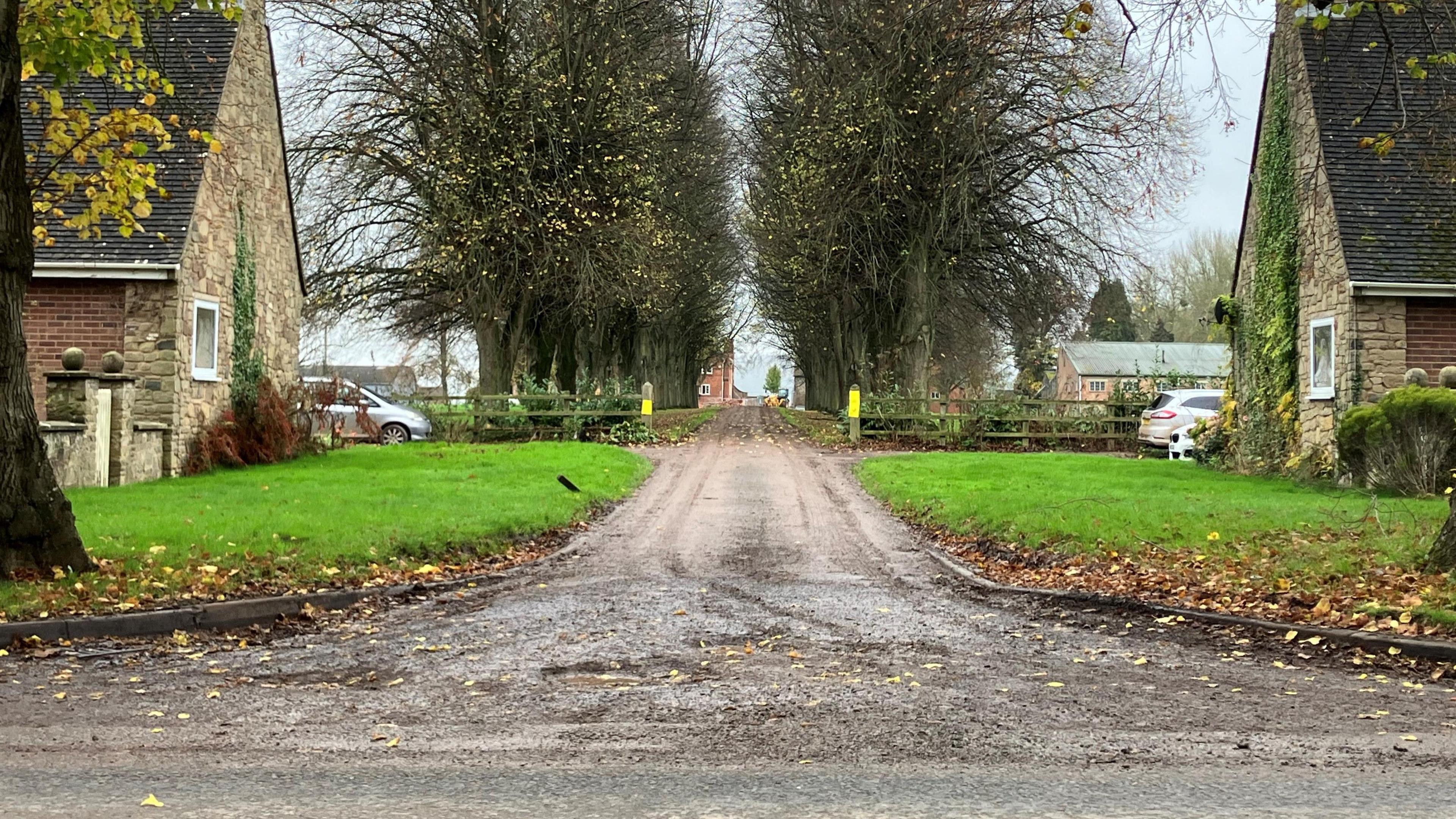
Eight properties receive their drinking water from a private borehole at Whitwick Manor, near Ledbury
Following the testing in November 2023, the resident said they were advised by an environmental health officer not to drink water straight from the tap, and to use bottled or boiled water instead.
“We've literally just been drinking bottled water, but we still have been using it for toilets and showering and so forth,” the resident said, adding they had been told by the officer the landowner would be notified.
Further testing of the water supply earlier this month revealed coliform bacteria were still present in the water, as well as concentrations of nitrates and uranium.
Coliform bacteria often occur as a result of human or animal activity. While their presence may not necessarily be harmful, it is seen as an indication water has not been thoroughly disinfected.
A Herefordshire Council spokesperson said: “The test in November 2023 showed failure for E.coli (1cfu/100ml) and it was the first failure for E.coli that we’d ever had for the supply. There was no E.coli in the latest sample dated November 2024.”
The authority confirmed eight properties using the private water supply at Whitwick Manor had been told it failed standards.
The local authority said it was in contact with the landowner, Nicholas Layton, to improve the water supply.
While Mr Layton said he was not available for interview, he told the BBC the properties would be connected to mains water, at his own cost.
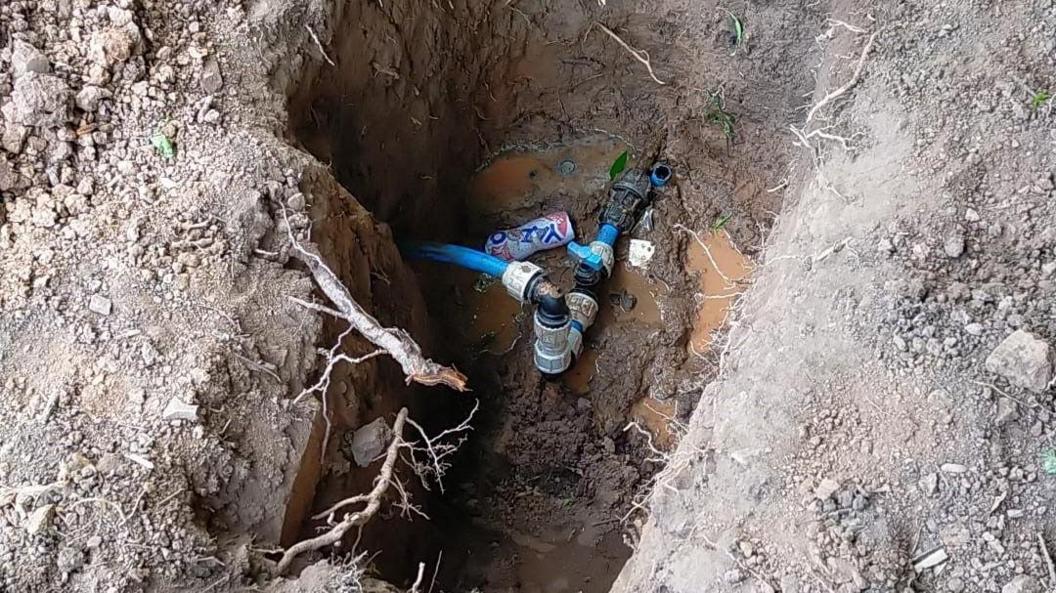
Most private water supplies in Herefordshire are from wells, boreholes, springs, streams, rivers, lakes or ponds.
Mr Layton is currently applying for planning permission to build an anaerobic digestion (AD) unit at Whitwick Manor.
If approved it would convert 116,000 tonnes of poultry manure and apple pulp a year from the county’s farms into natural gas to supply about 6000 homes.
But local residents and environmental groups fear it would harm an already fragile habitat.
“At the moment he’s done nothing in a whole year to satisfy the council that he’s putting things in place to make sure the bore water is safe,” the resident said.
“I think a lot of people do worry if anything were to go wrong with that… is this going to be managed properly?”
A decision on the planning application is due to be made by Herefordshire Council in December.
Mr Layton's agent, Bourne Valley Associates, has said the AD unit would not have an effect on ground water.
It said only clean, uncontaminated water would drain to a system of reed beds and buffer lagoons, after being processed.
Follow BBC Hereford & Worcester on BBC Sounds, Facebook, external, X, external, and Instagram, external.
Related topics
- Published13 November 2024
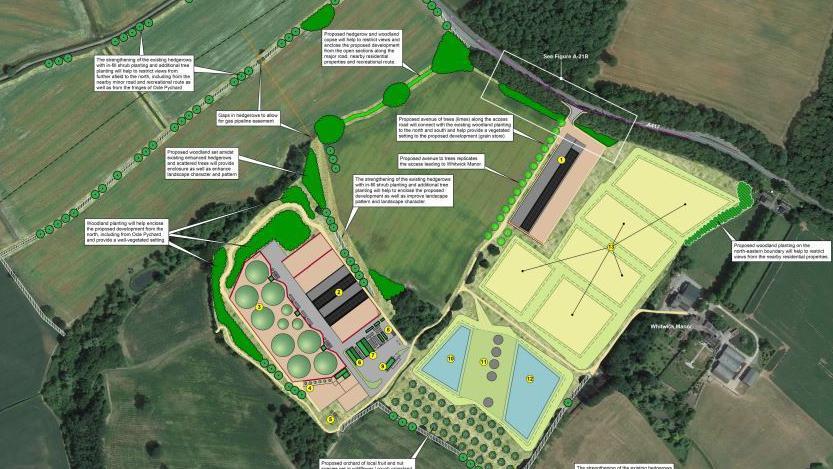
- Published12 October 2024
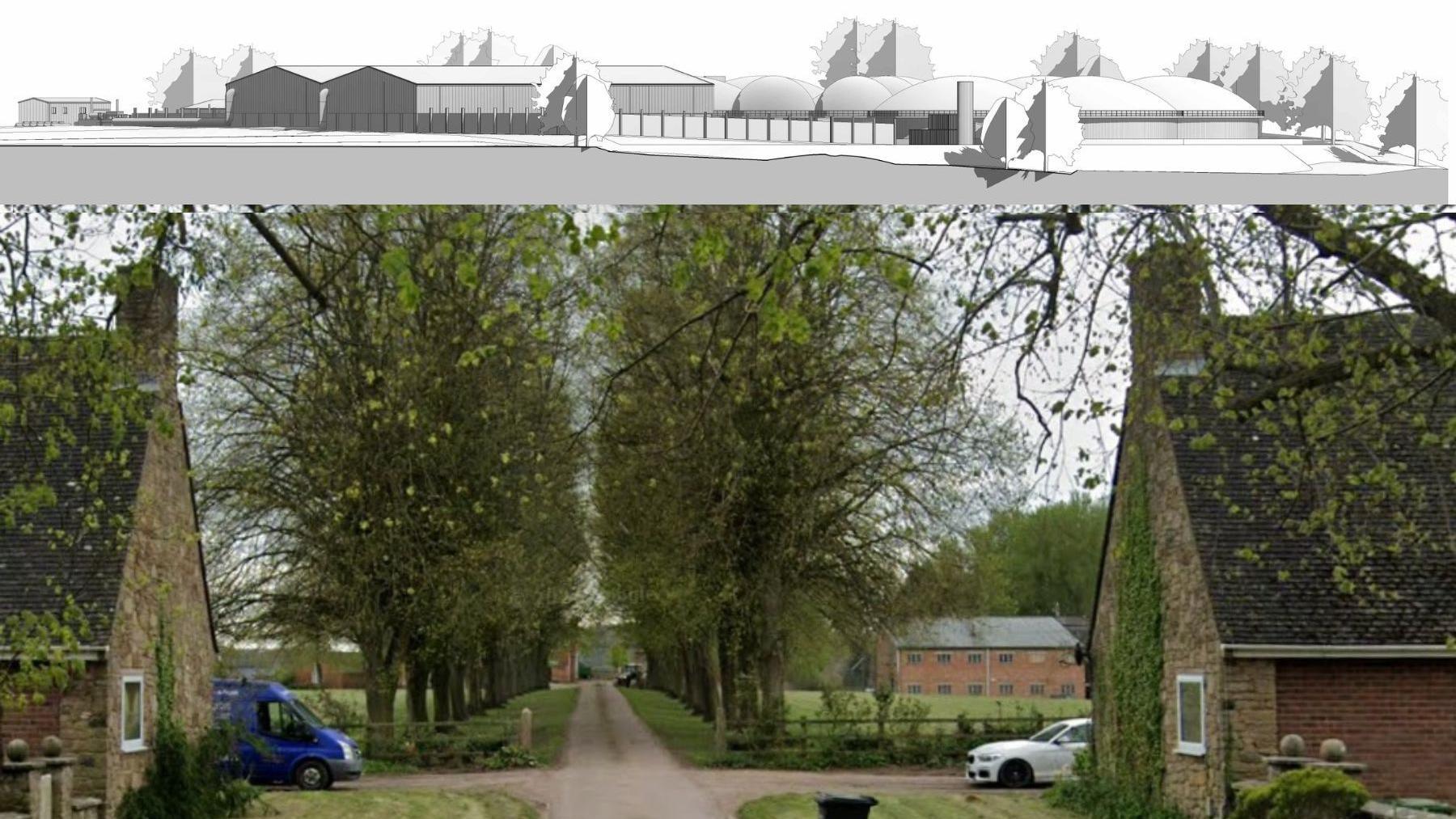
- Published20 September 2022
